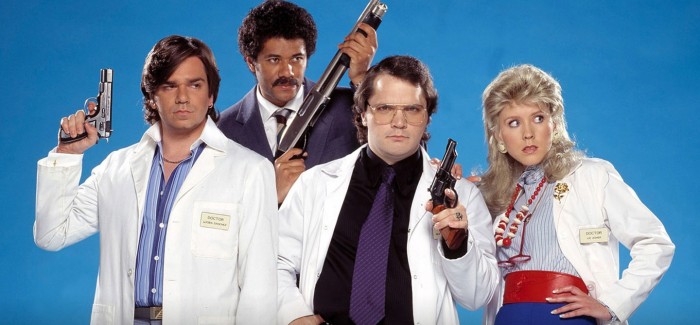My guess is that people who think pure capitalism is bad, also think that if the government does not help those who can not help themselves, that there is no other mechanism for such action to take place.
100 years ago the US government did not care if you starved to death, and yet, people still got fed.
Relying on the government to mandate morality is never a good idea.
Existing User Log In
New User Registration
Register for a free account to gain full access to the VGChartz Network and join our thriving community.























































